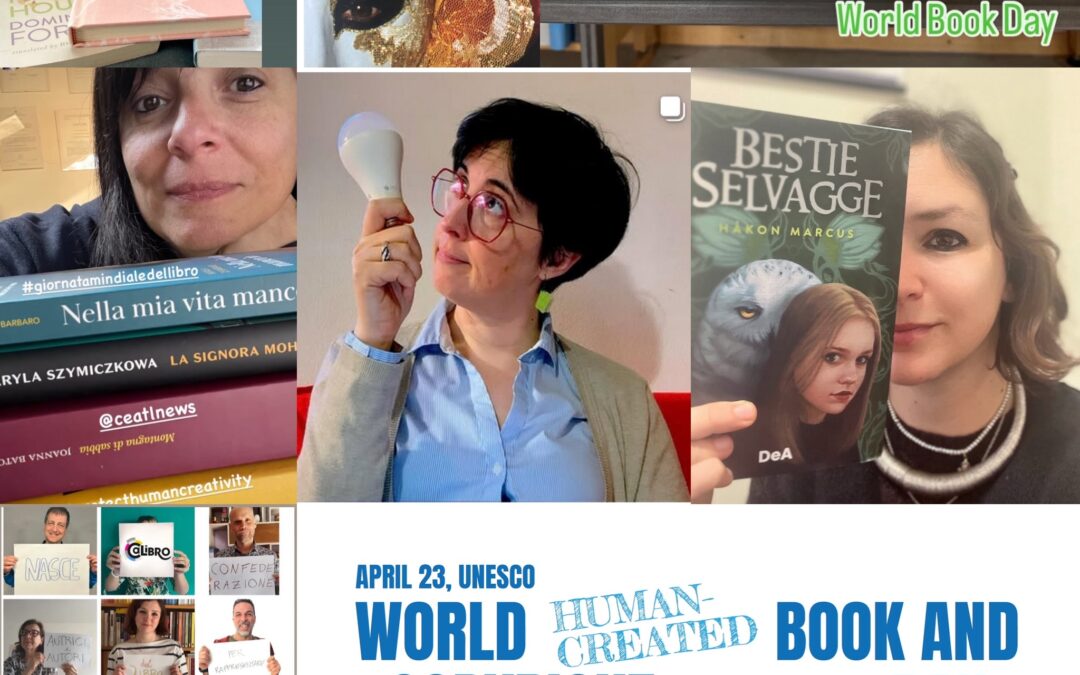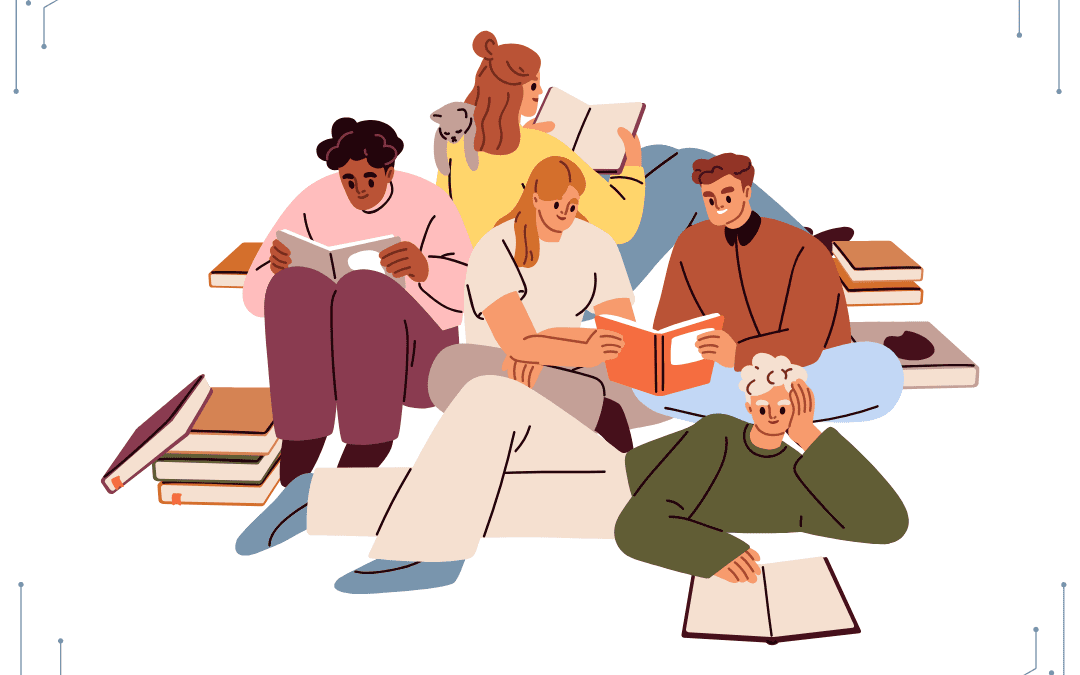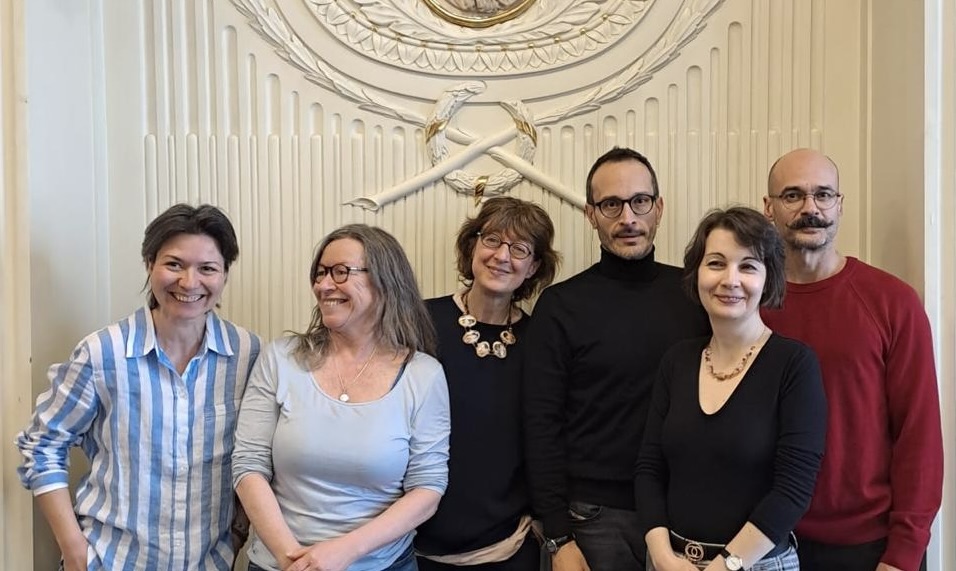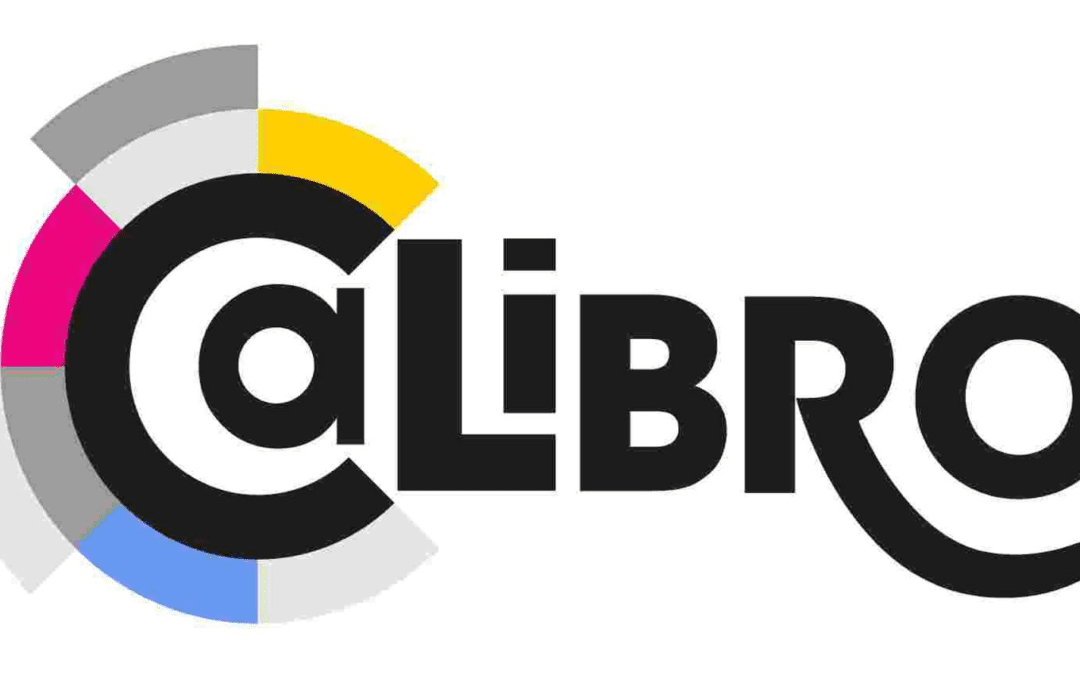
Jul 31, 2025 | AI Act, Code of Practice
40 Federations of the European cultural and creative sector express all their dissatisfaction with the published GPAl Code of Practice, the GPAl Guidelines, and the Template under Article 53 of the EU Al Act.

Jul 8, 2025 | WBD, World Book Day
Before our summer break, we made some collages of the many photos translators posted on World Book Day, 23 April. Have a great summer and we will be back on September 12!

Jun 30, 2025 | Creative Europe, culture
The European cultural sector has come together to call on the European Commission, European Parliament and Member States to reinforce the Creative Europe programme in the next EU long-term budget (MFF).

Jun 19, 2025 | AI, Joint letter
13 international authors’, performers’ and other creative workers’ organisations sent this letter today to MEPS in the European Parliament’s JURI Committee ahead of the publication of their report “Copyright and generative artificial intelligence – opportunities and challenges”.

Jun 16, 2025 | André Hansen, FIT, webinar
On June 18, 2025, at 17:00 CEST, join us for this joint CEATL-FIT event exploring the impact of AI on literary translation.

May 28, 2025 | Brussels, MEDAA
On July 2, 2025, Bela and Scam, in partnership with PILEn, are organising a European meeting at MEDAA, bringing together professionals and public officials.

May 21, 2025 |
CEATL held its AGM in Cracow last week and elected its new Board.

May 13, 2025 | Calibro, Italy
A new organization has been founded in Italy to represent the main authors’ categories in the publishing industry: writers, literary translators, illustrators, and comic book writers have now joined forces in Calibro, Confederazione Autrici e Autori del Libro (Confederation of Book Authors).

May 7, 2025 | AI, Open letter
On 13 May, EU national ministers responsible for culture policies will convene in Brussels for the Education, Youth, Culture and Sport Council. Ahead of this meeting, Spain and Portugal have called for a discussion on the value of the cultural and creative sectors in AI development, focusing on the importance of safeguarding copyright and related rights, as well as ensuring transparency in the General-Purpose AI Code of Practice under the AI Act.

May 5, 2025 | AI, Denmark
A long and hard, but in the end fruitful dialogue between the Danish Translators Association, the Danish Authors Society and the Danish Publishers Association has led to a mutual agreement on crediting practices when it comes to translators and post-editors of machine translation. The industry-wide statement confirms that post-editing of machine translations should not be eligible for PLR and includes a recommendation for publishers on how to credit post-editors of machine translations so as to avoid illegitimate access to PLR-remuneration.

Apr 23, 2025 | AI, Transparency, World Book Day
On this World Book and Copyright Day, European Writers’ Council (EWC), the European Council of Literary Translators’ Association (CEATL) and the Federation of European Publishers (FEP) are calling on the Member States and the European Commission to protect human-created books – label AI-generated products and reserve the application of any cultural public funding to works created by humans.

Mar 28, 2025 | AI Act, CoP, joint statement
CEATL joins 38 European and international rightholders’ organisations in signing this joint statement opposing the 3rd draft of the Code of Practice for the implementation of the European AI Act.












